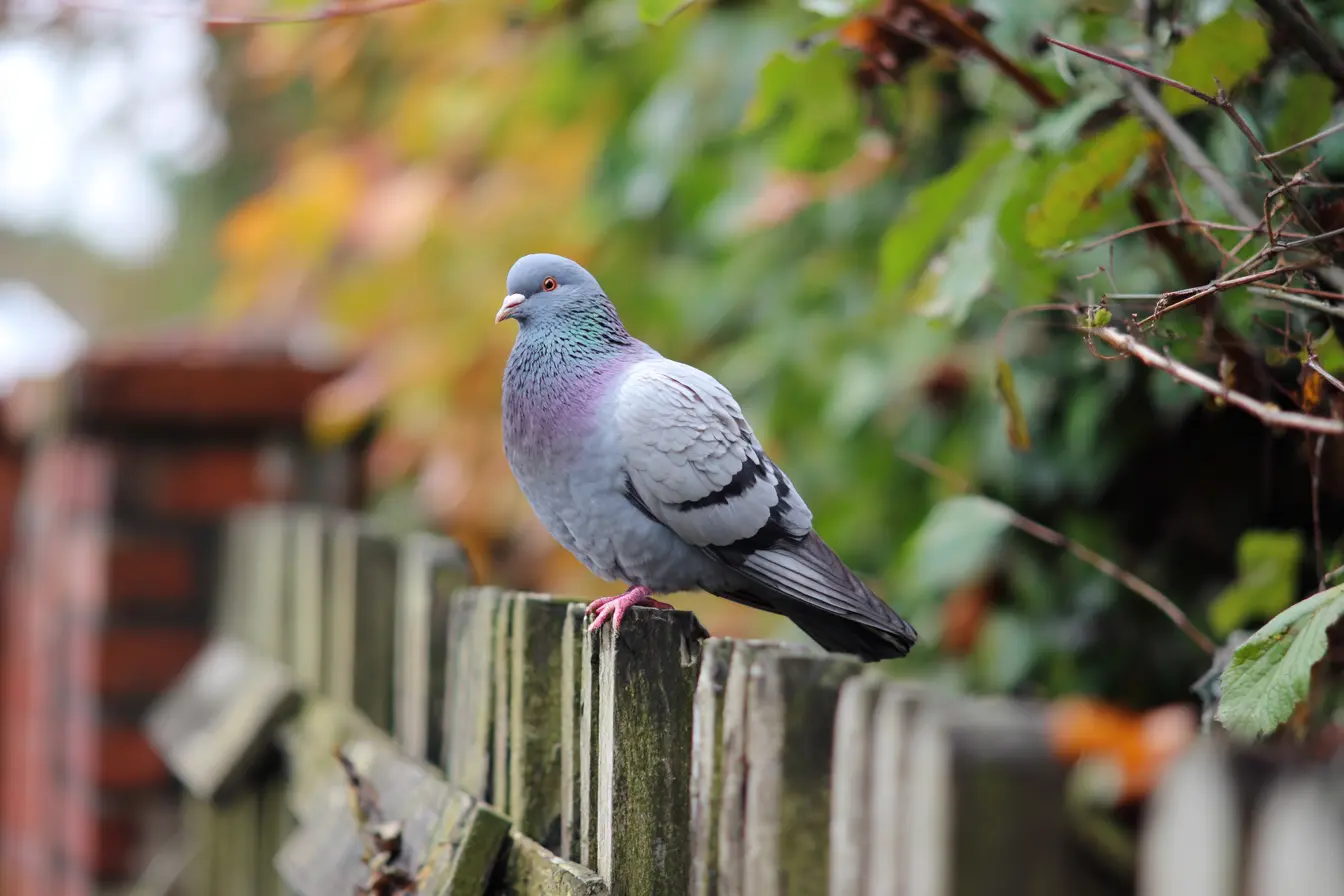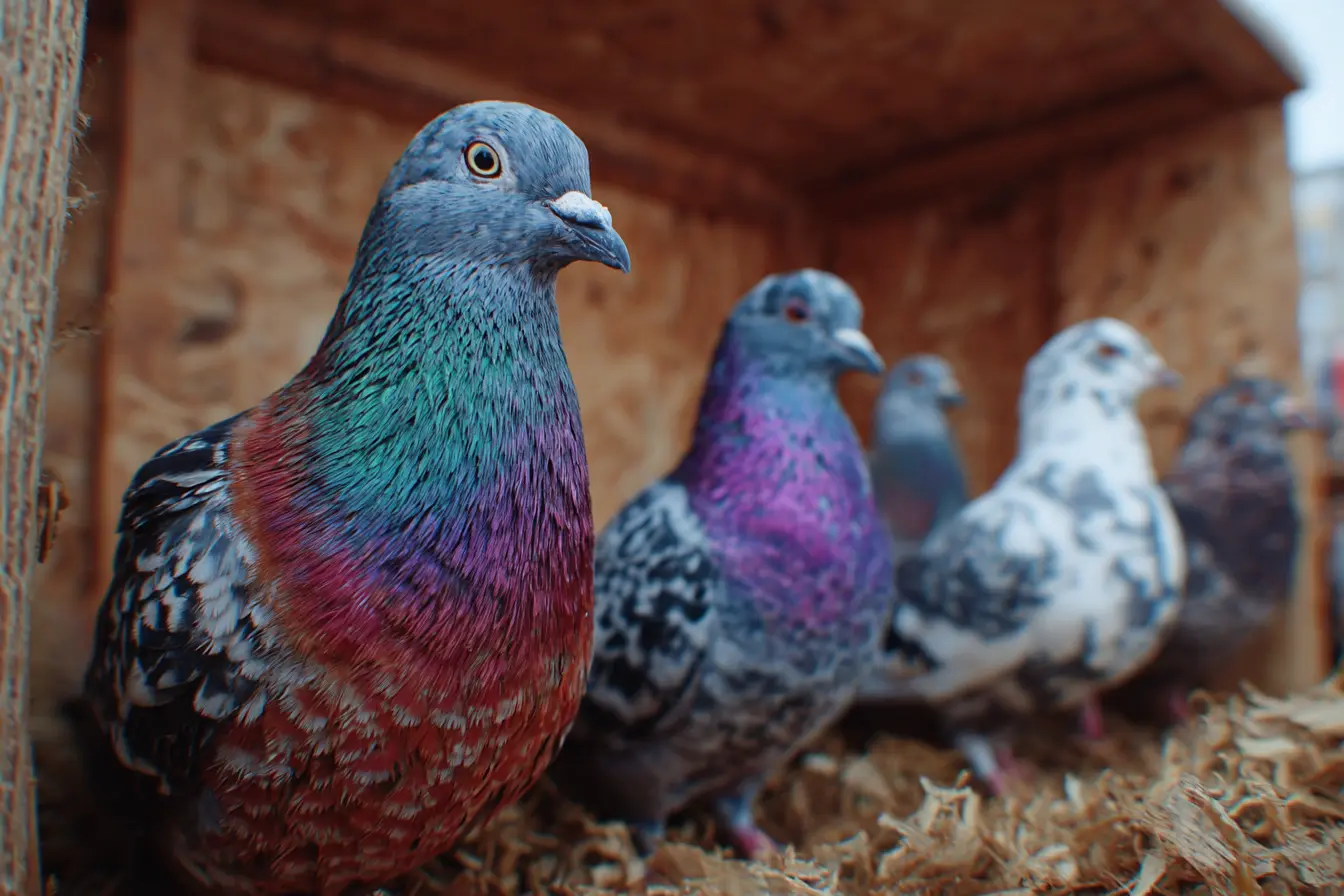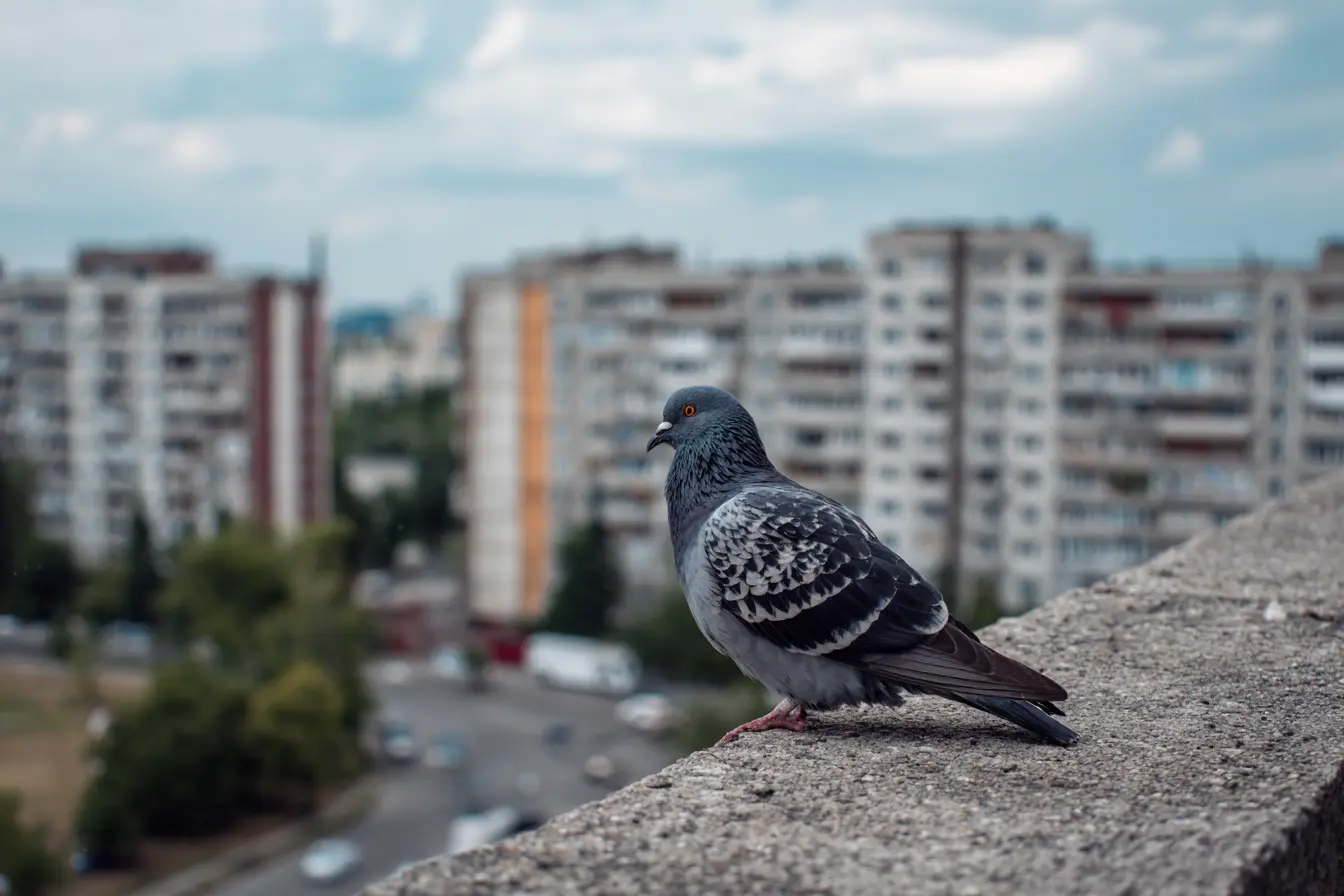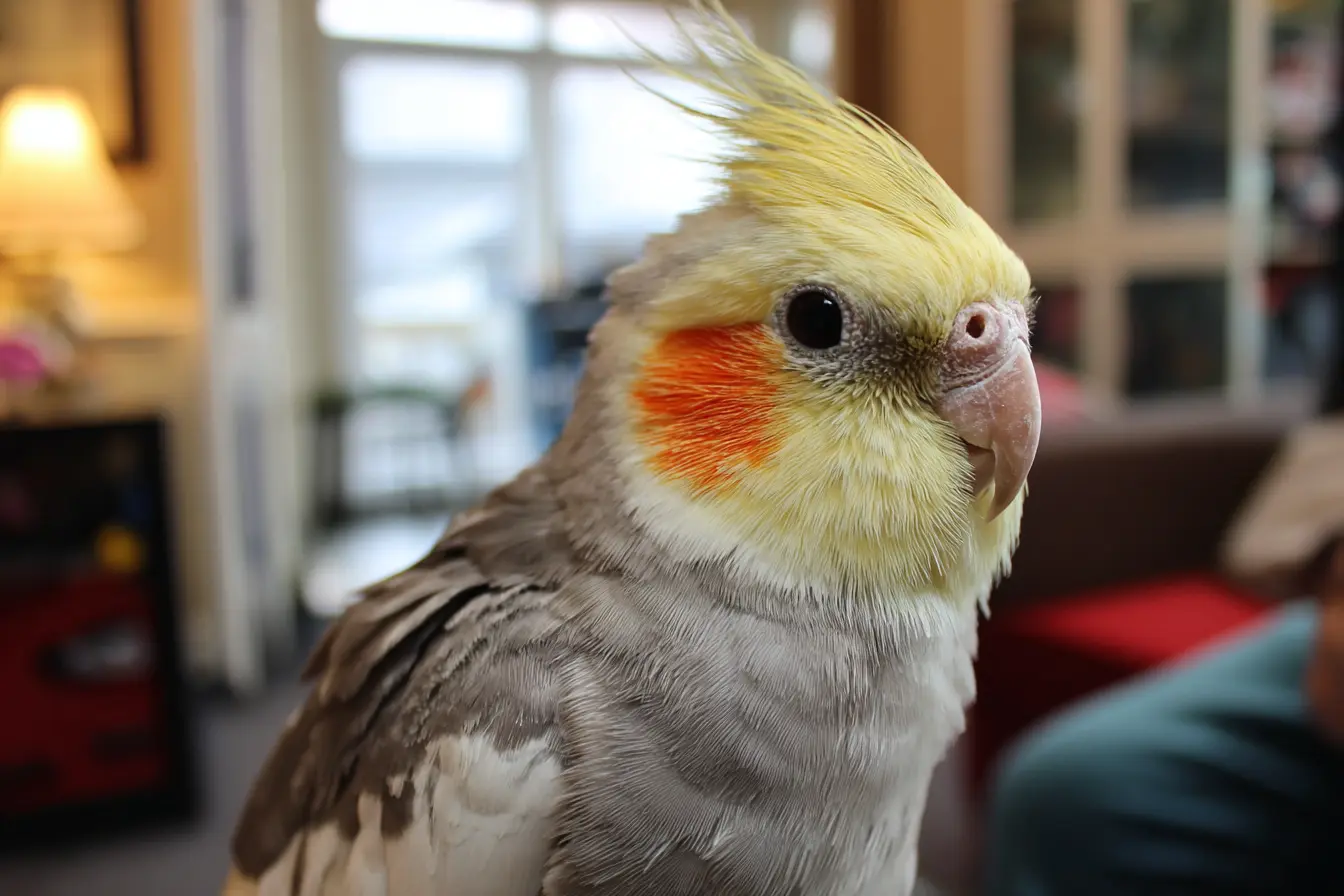
What to Do If You Find a Racing Pigeon
If you come across a pigeon with a leg ring, you may have found a racing pigeon. These birds are specially bred and trained to return to their lofts over long distances, but sometimes they can become tired, lost, or injured during training or races. Knowing how to help them can make the difference between life and death and help reunite them with their owner.
How to Recognise a Racing Pigeon
Racing pigeons are generally:
- Sleek and muscular with clean, glossy feathers.
- Wearing plastic or metal leg rings with letters and numbers engraved on them.
- Calm around people, often perching nearby if they’re tired.
The leg ring is the key to identifying the bird and contacting its owner.
First Steps After Finding a Racing Pigeon
1. How to Catch the Bird
A tired or lost racing pigeon will often be approachable, but care is needed to avoid causing injury:
- Approach slowly and calmly, avoiding sudden movements.
- If possible, offer food (like seed or peas) to entice it closer.
- Once within reach, gently place both hands around the bird’s body, keeping the wings folded against its sides.
- Avoid grabbing by the wings, tail, or legs — this can cause serious harm.
- If the bird is alert and flighty, try guiding it into a shed, garage, or enclosed area where it can be caught more easily.
2. Assess the Bird’s Condition
- Healthy but resting: Often, pigeons will stop for food and water before resuming their journey.
- Injured or weak: Needs to be kept safe and given immediate care before contacting the owner.
3. Offer Food and Water
- Water: Fresh, clean water is vital — dehydration is common in tired birds.
- Food: Offer bird seed, uncooked rice, split peas, or lentils. Avoid bread as it lacks the nutrients pigeons need.
4. Provide Shelter
If the bird is exhausted, house it in a ventilated box or cage in a quiet place, away from pets and hazards.
Identifying the Owner
Understanding the Ring Number
A racing pigeon’s ring will usually have:
- Country Code (e.g., GB for Great Britain).
- Year of Birth.
- Club Code or Serial Number.
- Unique ID Number.
Example: GB23A12345
- GB = Great Britain
- 23 = Year 2023
- A = Club code
- 12345 = Bird’s unique ID
Contacting the Relevant Organisation
- In the UK: Contact the Royal Pigeon Racing Association (RPRA) via their stray reporting service. Provide the full ring number and your contact details.
- Other Regions: Search for the national pigeon racing body for that country — most have lost and found databases.
Caring for the Bird Until Collected
- Keep it indoors or in a secure aviary to prevent further stress.
- Avoid over-handling the pigeon.
- Refresh food and water daily.
- If injured, contact a local wildlife rescue centre or avian vet.
Common Scenarios
The Bird Flies Away After Resting
If the pigeon is healthy, it may just need a few hours to recuperate. Providing water and seed and leaving it in a safe spot can allow it to continue home on its own.
The Bird Stays for Several Days
If it hasn’t left after 48 hours, contact the owner or the RPRA for guidance.
The Bird Is Injured
Keep it in a safe, quiet space and contact an avian vet or animal rescue immediately.
Why Returning the Bird Matters
Racing pigeons are valuable, not just financially, but also emotionally. Fanciers often have years of training invested in each bird, and pigeons form strong bonds with their home. By reporting a found bird, you:
- Help maintain animal welfare standards.
- Support the sport of pigeon racing.
- Give the bird the best chance of survival.
Conclusion
Finding a racing pigeon is more common than many people realise, especially during the racing season. By catching it safely, offering water and shelter, and contacting the proper authorities, you can give the bird the best chance of returning to its loft. The leg ring is your link to the owner, and prompt action can make all the difference.
Vets near you
Speciality vets
- Aquatics vet specialists
- Birds vet specialists
- Camelids vet specialists
- Cats vet specialists
- Cattle vet specialists
- Deer vet specialists
- Dogs vet specialists
- Equines vet specialists
- Exotic vet specialists
- Goats vet specialists
- Pigs vet specialists
- Poultry vet specialists
- Sheep vet specialists
- Small Mammals vet specialists
- Wild vet specialists
Vet facilities
- Accessible by public transport
- Blood testing
- Car park nearby
- Client car park
- Dentistry
- Diagnostic imaging
- Disabled public access
- Flea and worm treatments
- Microchipping
- Mobile services
- Neutering
- Open at weekends
- Out-of-hours service
- Referral interests
- Referrals only
- Street parking outside
- Toilets available
- Vaccinations



